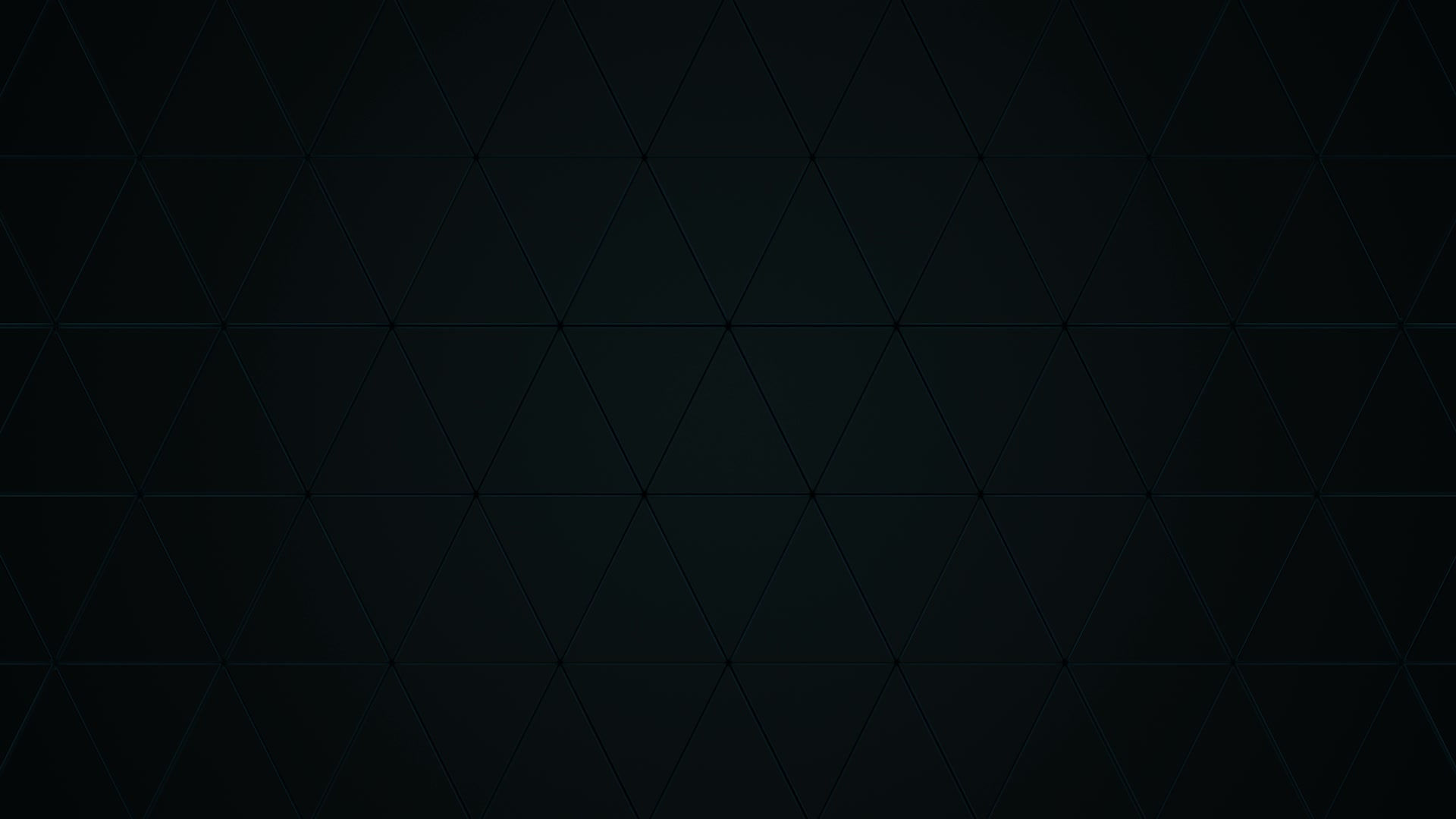Falcon Bow - Build Guide
- josephaguilarsanch
- Aug 22, 2023
- 3 min read
Updated: Aug 25, 2023

The Falcon Bow is the first in many Legend of Zelda: Tears of the Kingdom projeccts that I will be adding to the store in the coming weeks.
For a full write up of all the features you can find them listed on the main product page.
This Build Guide will list the following:
Require materials to complete the project
Assembly videos to walk you through the assembly process
Recommendations for Print Settings/Orientations for certain pieces
Any additional questions you have concerning the building of this bow can be sent directly to me via the contact page on my website
Build Requirements
At least 5ft of Paracord or string
Fabric for the Grips/Wraps
Assembly Instructions
The video below will show how to assemble the bow halves and then how to assemble the final bow. Written instructions that reference the specific piece/STL names are listed below the video
In order to assemble the Falcon Bow, take the following steps
Insert the Bow String Gear into the Bow Arm Head (Either the Bow Arm Head Full, or the assembled Bow Arm Head Halves w/ alignment pegs)
Insert your chosen Bow Arm Base, Bow Arm Shaft Cap and Bow Arm Head onto the Bow Arm Shaft
Repeat this for the second half of the bow
Connect the two halves via the two Bow Arm Base Pegs
At this point you can apply your grip wrap of choice to hide the seam between the two bow halves
Push your bow-string throug the holes in the Bow Arm Head and Bow String Gear and tie a knot to secure the Bow String in place
Insert the Branches into their respective bow halves. If you chose the Bow Arm Base with no applicable branches. Then you are already done!
Enjoy your new Falcon Bow!
General Printing Tips
For this bow, most of my tips will follow along two main themes: Optimal print orientations for the strength of load-bearing pieces, and optimal print orientations.
For slicing software, I recommend Ultimaker Cura. It is the slicing software and therefore the one I am most familiar with. Additionally, it features many helpful free plug-ins such as "Custom Cylindrical Supports", that allow one to add custom supports to pieces with complex geometry. This plug-in will be extremely helpful for some of the pieces I will be showing in this guide.
Print Orientations for load-bearing pieces:
As with many of my model sets, this bow features a number of alignment pins. To ensure a strong locking pin that will not break off within its designated slot, ensure to print them such that their layer lines line up with their long axis. Additionally, adding a little more infill (10-15% more than the rest of the print) to these pieces will also help keep them strong and reliable
Bow Arm Base Peg x2
Bow Arm Head Half Peg x3

Optimal Print Orientations:
Most of my models are designed to be printed with minimal supports. They do have to be reoriented to achieve this so for the most part look for large flat faces but I will point out some specific pieces in this section.
Any of the Bow Arm Base Variants

Each Bow Arm Variant features a large flat face that can be used to place flat on the build plate.
Bow Arm Head Full

The Full Bow Arm Head has some flat faces on the top "wings" that can be aligned with the build plate. This ensures that the internal cavity is free from supports and will allow the Bow String Gear to easily insert into the Bow Head.
Bow Arm Shaft

The Bow Arm Shaft has a flat face on the bottom where the Shaft Cap attaches. This flat face can be placed on the build plate to ensure all the details and the internal cavity where the Bow Arm Base attaches, are free of supports. I recommend adding 1-2 custom supports to the underside of the shaft, to ensure that this tall tower prints without issues. Additionally ensure your build plate adhesion method of choice is up to the task


Comments